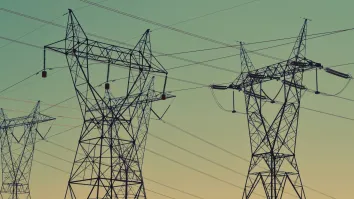
South Korea urged to quit coal by 2029 to hit Paris targets
If plant retirement continues at the current pace, carbon emissions could still rise by 247% over the sector budget.
South Korea is urged to lower the emission levels from its coal-fired power plants to 58% of 2017 levels by 2025 and eventually phase out its coal-fired power generation by 2029 in order to stay within the Paris Agreement’s targets, according to a report by Climate Analytics.
If retirement of South Korea’s coal plants continues at its current pace, Climate Analytics projected that they would release more than twice (247%) the amount of carbon emissions allowed under South Korea’s remaining Paris Agreement compatible power sector budget for coal. If the planned coal units come online, the difference between committed emissions and pathways consistent with the Paris Agreement would increase to 317%.

“Despite the encouraging signs that a transition to a coal-free electricity mix may be starting, South Korea has no concrete national commitment, roadmap, or policy instrument to accelerate phasing out coal, and no systematic framework to ease the transition,” said Paola Yanguas Parra, co-author of the report.
To execute such a feat, South Korea will need to retire its operating power plants much earlier than the currently proposed age of 30 years and/or dramatically reduce their utilisation rate. Further investment in fossil fuel infrastructure, including natural gas, also risks leaving stranded assets and locking the country into a pathway inconsistent with the Paris Agreement, Parra added.
To make up for the loss of coal in the power mix, renewable energy generation needs to increase rapidly to reach more than half of power generation by 2030.



















 Advertise
Advertise





